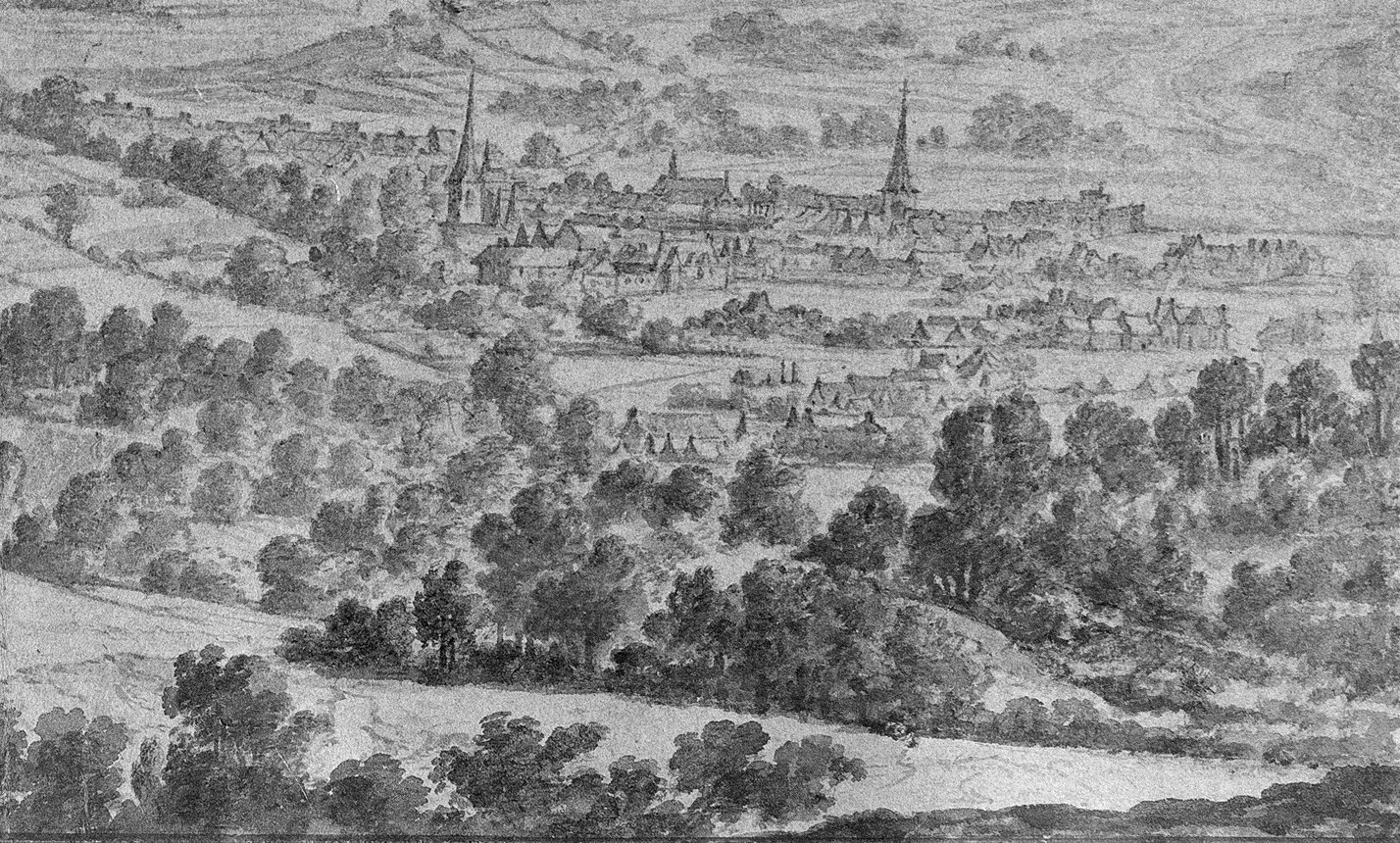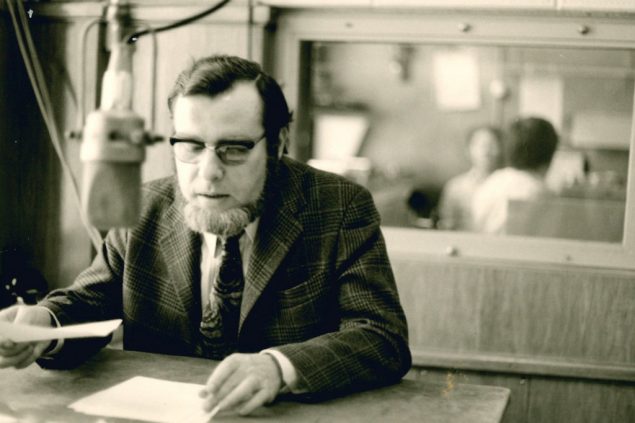Interview with Hubert Jenniges, BRF archives (in German)
For almost half a century, Romance philologist and historian Hubert Jenniges, who moved from the Episcopal school in St. Vith to the Belgian Broadcasting Corporation’s studio in Brussels in 1963, where he headed the national desk until 1998, was probably the most adept observer of political developments in East Belgium. His reporting, always objective but not infrequently accompanied by critical commentary, was seen by many as a welcome addition to information provided by the written press in Eupen, which was at times at least perceived as biased. Especially in the 1960s and 1970s, during the debates on the autonomy of the German-speaking population, which were not always transparent for everyone, Jenniges’s radio contributions provided more clarity. Hubert Jenniges recorded his observations from this period in a book published in 2001: Behind East Belgian Scenes. Stations on the Path of the German Language Area in Belgium.
Hubert Jenniges shaped the media and historiographical landscape of East Belgium in the second half of the 20th century like no other. Jenniges spent his childhood in Afst, a small village on the German-Belgian border. He described these early experiences as formative. He attended the Collège Marie-Thérèse in Herve and then studied Romance languages and history in Leuven. It was at the former school that he became aware of his belonging to the German-speaking group, due to his lack of French.
For a short time, Jenniges worked as a history teacher at the Episcopal school in Saint Vith, but then decided to pursue a career as a journalist instead. At first, he wrote for various newspapers, including the Sankt Vith Zeitung, the Aachener Volkszeitung, and the Grenz-Echo. At the same time, he worked as a freelancer for the up-and-coming Belgian Radio. Even in his early years there, he dealt with uncomfortable subjects such as the Second World War and increasingly with cultural and historical topics.
Jenniges was appointed in 1969, and from then on, he concentrated his journalistic activities mainly on radio. The year before, the issue of the new language-based communities had become virulent in Belgium. The chambers created in 1968 were had a constitutive function. Belgian Radio was also involved in this debate about the future of Belgium. Jenniges used the mouthpiece at his disposal to draw attention to the issues of German-speaking Belgians, and he recognised the opportunities offered by the forthcoming state reform. He always maintained a certain proximity to politics. There is no doubt that he was well aware of the opportunities that arose from his activity as a mouthpiece for East Belgium. In this context, Jenniges can be described as one of the defenders of a high degree of cultural autonomy for German-speaking Belgians.
When Belgian Radio, or Belgian Broadcasting as it was then called, became independent from Radio-Télévision Belge and Belgian Radio en Televisie – or the Institut des Services communs – in 1977 and moved its headquarters to Eupen, Jenniges remained in the Brussels studio, which he now ran.
In addition to his journalistic activities, he was involved in various political associations and networks. In particular, he was president of the Historical and Museum Association Zwischen Venn und Schneifel, founded in 1965. As a regional historian, he wrote hundreds of articles, studies, and monographs on the past of the Belgian Eifel.
Sources and further reading
Hubert Jenniges, Hinter ostbelgischen Kulissen: Stationen auf dem Weg zur Autonomie des deutschen Sprachgebiets in Belgien (1968 – 1972), Eupen 2001.
Hubert Jenniges, Eifeler Kindheit: Erinnerungen aus einem fernen Jahrhundert, Eupen 2004.
Klaus-Dieter Klauser, Hubert Jenniges zu seinem 70. Geburtstag, 12 December 2004, www.zvs.be/2004/12/hubert-jenniges-zu-seinem-70-geburtstag-11-12-2004/.
Zwischen Venn und Schneifel (ed.), Feier zum Gedenken an Hubert Jenniges, 27 April 2013, www.zvs.be/vereinsleben/vereinsleben/ .
Vitus Sproten, Ostbelgien hört Ostbelgien. Der Belgische Hörfunk im Kontext der Debatten um die Kulturautonomie der deutschsprachigen Belgier 1965-1974, Brussels 2019.

